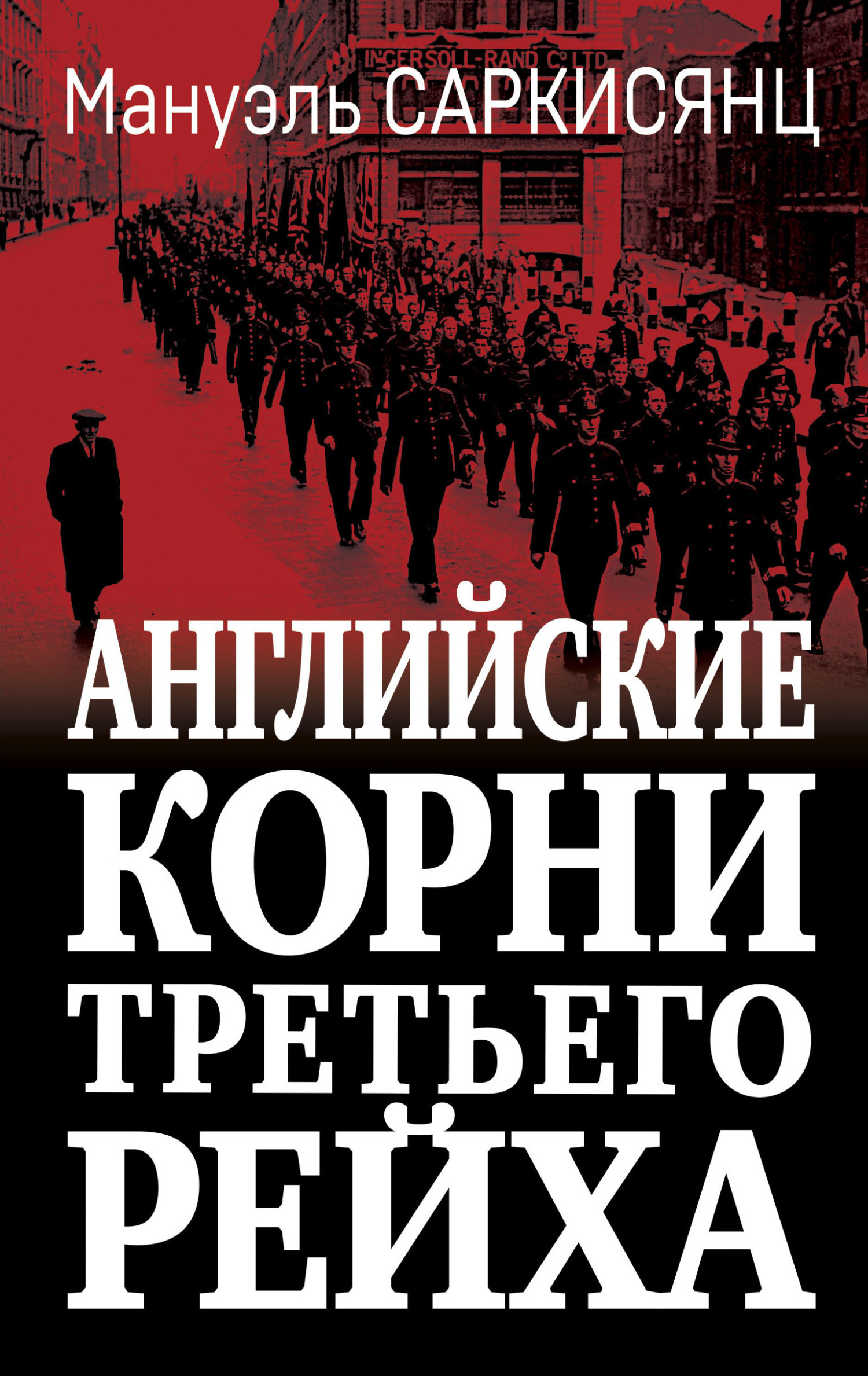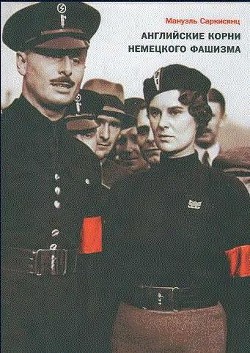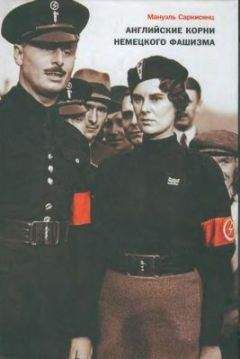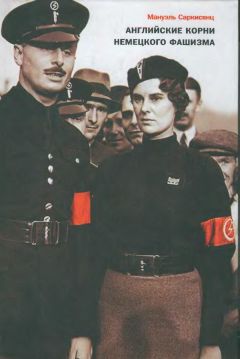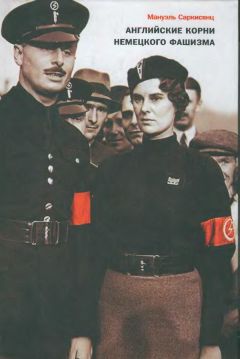301, 329.
Colin Cross, p. 15, 99, 130ff.
Sir Oswald Mosley, My life (London, 1968), p. 388, 396.
W. Mock, «The function of Race in Imperialist ideology. The example of Joseph Chamberlain», in: P. Kennedy & A. Nicholls (Editor), Nationalist and racialist movements in Britain before 1914 (Oxford, 1981), p. 193.
G. R. Searle, The Quest for National Efficiency (Oxford, 1971), p. 95.
Robert Skidelsky, Oswald Mosley (London, 1935), p. 45, 658f; Skidelsky, Fascism (London, 1973), without page reference, cited in: Philip Rees, «Changing interpretations of British Fascism», in: Lunn & Thurlow, British Fascism, p. 199.
D. S. Lewis, Illusion of grandeur. Mosley, Fascism and British society (Manchester, 1987), p. 200f, quotes: Action of 25. March 1939, S. 1; Cross, Fascists in Britain, p. 182f.
Oswald Mosley, The Greater Britain, p. 152f; Mosley, My Life (London, 1968), p. 364f.
Mosley, My Life, p. 394.
Gollin, Proconsul, p. 538f, 550f, 557; J. Drennan (Pseudonym von W.E.D. Allen), «Why not Drang nach Osten?»: British Union of Fascists Quarterly, I, Nr. 4 (Oktober – Dezember 1938), p. 16–27, quoted in: D. S. Lewis, S. 186; Mosley, The Greater Britain, p. 152f; Hans Grimm, Englische Rede, Wie ich den Englander sehe (Gutersloh, 1938), S. 17; Oswald Mosley, The Greater Britain, p. 152f.
Mike Cronin, Failure of British Fascism, The far Right and the fight for political recognition (New York, 1996), p. 8.
Керр Филип Генри, одиннадцатый маркиз Лотиан (1882–1940).
Drennan (wie Anm. 786), S. 226; Jan Colvin, Vansittart in Office, A Historical survey of the origins of the second World War based on the papers of… Vansittart (London, 1965), p. 273, 285: quotation from Sir Horace Wilson; J.R.M. Butler, Lord Lothian (Philip Kerr) 1882–1940 (London, 1960), p. 360.
Ibid., p. 76, 235.
Ibid., p. vi, 236, 128; Werner Maser, Das Regime (Munchen, 1983), S. 407.
Thomas Jones, A Diary with Letters 1931–1950 (Oxford, 1954), p. 231: entry of 27. July 1936.
J.R.M. Butler, Lord Lothian, p. 352: Communication of Hjalmar Schacht vom 5. Mai 1937; Gollin, p. 550f.
Hans-Christoph Schroder, Imperialismus und antidemokratisches Denken. Alfred Milners Kritik am politischen System Englands (Wiesbaden, 1978), S. 66, 70–73; Walter Nimocks, Milner‘s Young Men (London, 1968), p. ix; Jonathan Rutherford, Forever England (1997), p. 77; Margaret George, Warped Vision. British foreign policy 1933–1939 (Pittsburgh, USA, 1965), p. 217, 139f, 142, 538ff; William R. Rock, British Appeasement in the 1930“s (London, 1977), p. 65; Robert Shepherd, A Class divided. Appeasement and the Road to Munich, 1938 (London, 1988), p. 22.
R. D. Warth, The Allies and the Russian Revolution (Cambridge, 1954), p. 94, 104, 14; Alexander Kerenski, Die Kerenski Memoiren (Wien, 1966), S. 365f, 408, 418f.
J.R.M. Butler, Lord Lothian, S. 250f; The Round Table, XXV, № 98 (1935), p. 283, 297f, cited in Rutherford, Forever England, p. 98; R. Shepherd, p. 25; Gollin, Proconsul, p. 42, 606.
Margaret George, Warped Vision. British foreign policy 1933–1939 (Pittsburgh, USA, 1965), p. 217,139f, 142; James Drennan, Der britische Faschismus. BUFund sein Fuhrer (Berlin, 1937), S. 238f; A. M. Gollin, Proconsul in Politics. A study of Lord Milner (London, 1964), p. 216f, 220,601; K. Tidrick, Empire and the English Character (London, 1992), p. 271f, 231, quoting Milner‘s «Credo»: The Times (London) of 27. July 1925.
Gollin, Proconsul, p. 573, 523, 525, 561, 564, 568, 345, 373.
Dietrich Aigner, Das Ringen um England. Das deutsch-britische Verhaltnis 1933–1939 (Munchen, 1969), S. 59, 56, 57, zitiert auch Das Schwarze Kords, Nr. 3 vom 16. Januar 1936, S. 7; George, Warped Vision. British foreign policy 1933–1939 (Pittsburgh, USA, 1965), p. 28f; Walter Schellenberg, Invasion 1940. The Nazi Invasion Plan for Britain (London, 2000), p. 27, 144: The Gestapo Handbook for… Britain.
Marquess of Londonderry, Ourselves and Germany (London, 1938), p. III, 166; Londonderry, England blickt auf Deutschland. Um deutsch-englische Verstandigung (Essen, 1938), S. 4f; Colin Cross, Fascists in Britain (New York, 1961), p. 141.
John Baker-White, Dover-Nurnberg (London, 1937), p. 28, 31f, 70f, 72, 74.
Linehan, p. 45; Graham Wooton, The official History of the British Legion (London, 1956), p. 195, in: Richard Griffiths (as reference 791), p. 130.
Пока Англия воевала с Германией, британская разведка отзывалась о Зеппе Дитрихе как о старом гангстере, вылезшем из пивной (1944), когда же началась «холодная война», Зепп Дитрих вдруг стал «человеком, который вел себя с честью и проявил преданность» (по выражению британского военного историка Мессенджера). – Прим. автора.
D. Aigner, Das Ringen um England, S. 83; vgl. G. Ward Price, Extra Special Correspondent (1957), p. 222 und Hans Thost, Als Nationalsozialist in England (Munchen, 1939), S. 200, 309f.
Домвилл Арчибальд Комптон Уиннингтон (1884–1959).
Теодор Эйке (1892–1943) – один из создателей и руководителей нацистской системы концлагерей, создатель и командир дивизии СС «Мертвая голова».
Sir Barry Domville, By and Large (London, 1936), p. 236f, 240, 243, 245ff.
Вейн-Темпест-Стюарт Чарлз Стюарт Генри, седьмой маркиз Лондондерри (1878–1949) – англ. полит. и гос. деятель.
Marquess Londonderry, Ourselves and Germany (Harmondsworth, 1938), p. 97, 157, 73; Middlesmas & Barnes, Stanley Baldwin (London, 1969), p. 805 in: Maurice Cowling, The impact of Hitler. British politics and policies 1933–1940 (Chicago, 1977), p. 127; Richard Griffiths, Fellow Travellers of the Right British enthusiasts for Nazi Germany (Oxford, 1983), p. 140f.
Aigner, Ringen um England, S. 56.
Margaret George, Warped Vision,
